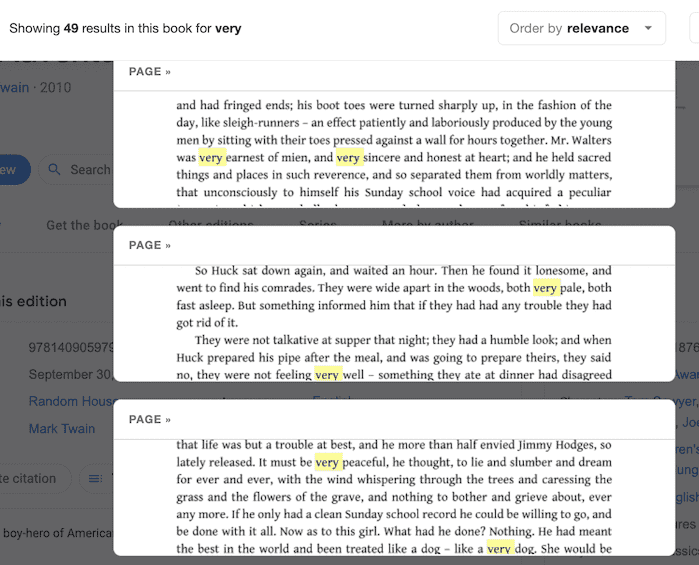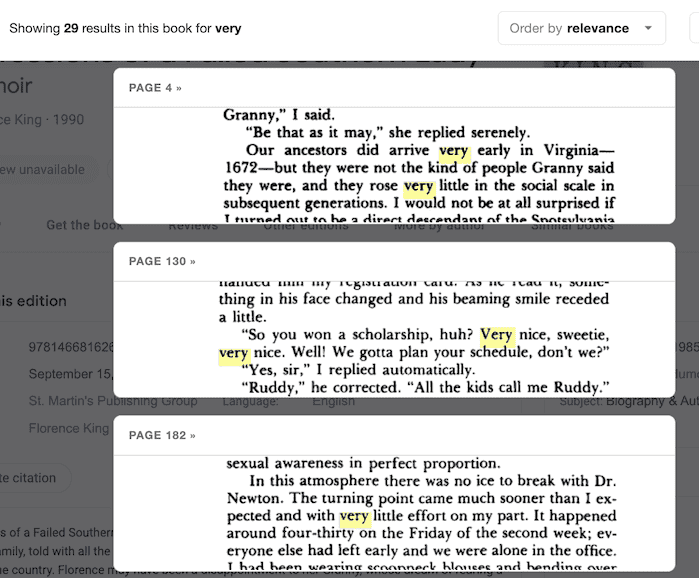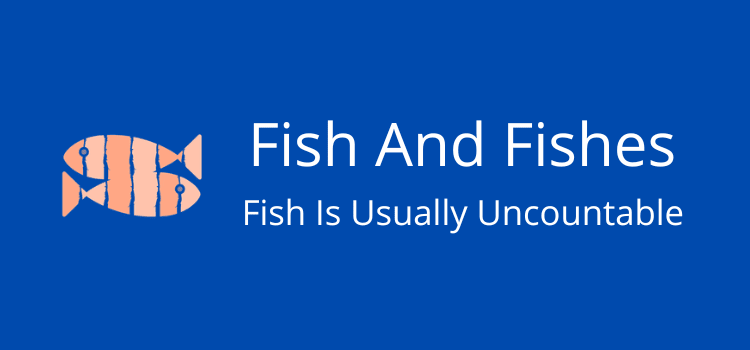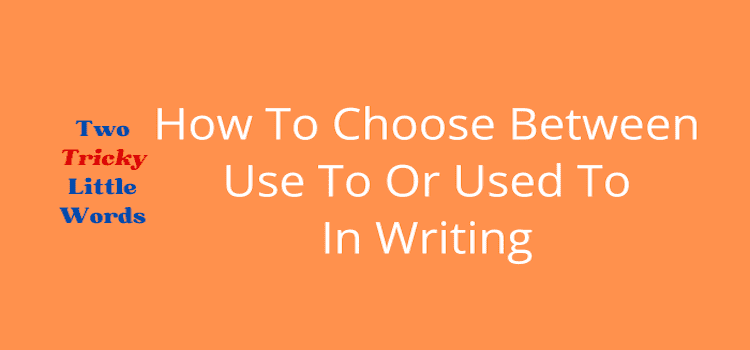
I’m really very sorry to tell you this, but some of the writing advice you may read about really and very is not always valid.
Yes, they are weak adverbs, and it’s true that, in many instances, it’s better to find alternatives.
However, there are circumstances where it is impractical, or you risk using overly complicated words in their place.
All writers use these two modifying adverbs, so don’t think that you have to eradicate them from your writing.
When writing advice can be misleading
Every writer knows this quote by Mark Twain.
“Substitute ‘damn’ every time you’re inclined to write ‘very;’ your editor will delete it and the writing will be just as it should be.”
But if you check his book, Tom Sawyer, Twain uses the word very 49 times.

Also, the word really appears nine times.
Florence King was another author who had an opinion on the subject.
“‘Very’ is the most useless word in the English language and can always come out. More than useless, it is treacherous because it invariably weakens what it is intended to strengthen.”
However, it appears she didn’t always follow her own advice in her book, Confessions of a Failed Southern Lady.

There are 29 occurrences of very and 17 of really.
When you should avoid really and very
Without a doubt, replacing or deleting weak words and modifying adverbs is usually good advice.
It is especially true with most common adjectives that have a better or stronger synonym.
A simple example is the adjective big. You can always replace very big or really big with perhaps large, huge, or enormous.
Here are a few examples of adjectives that you can use to remove modifying adverbs easily.
Very bad: terrible, awful, or atrocious.
Really clever: Intelligent, brilliant, or talented.
Very hot: Boiling, scorching, or searing.
Really eager: Keen, enthusiastic, or motivated.
Very tasty: Delicious, flavorsome, or scrumptious.
With most gradable adjectives, you can find alternatives that are much more descriptive.
All you need to do is check a thesaurus, and you’ll have no trouble removing weak modifiers.
The other option is to simply delete the modifier when it performs no real purpose.
It was very hot yesterday, so we went to the beach.
You really need a haircut before your job interview on Monday.
As a general rule, yes, it’s always best to delete or replace occurrences of really and very in your writing. But it’s not always sensible or practical.
When to use very and really
The two modifying adverbs serve the purpose of grading or emphasizing without an element of any real sense of degree.
In some cases, this is the best or even the only option.
Here are five quick examples of when you can or might use them.
1. Expressing appreciation
There are many fixed expressions we use to thank people. A lot of them include very much.
Thank you very much, and we really appreciate all the assistance you gave us.
Removing the modifiers in the example above would significantly weaken the sentiment.
2. No better adjective
Sometimes a stronger adjective can be unsuitable or awkward.
Make sure you wear comfortable shoes when you visit the Old Town because some of the small cobblestone lanes are very steep.
One possibility here is to use the adjective precipitous.
But it doesn’t work well in this sense because it means dangerously high and steep.
3. Expressing a high level of priority
This often applies to the word important because there are few logical alternatives.
We have a lot on our agenda, but we have one very important issue we need to address today.
Similar adjectives like significant, consequential, critical, or momentous might not be a good fit in the context of this example.
4. With few and little
The only way to grade these two words is with a modifier.
Very few WordPress users know how to write PHP code.
There has been very little study done about the disease.
5. Expressing urgency
In this context, it is common to use really, especially with stative verbs.
Look, I’m in deep trouble, so I really need your help.
You could change the sentence to: I need your help urgently. But it doesn’t necessarily have the same meaning or informality.
There are no hard and fast rules
It’s true that using too many modifying adverbs, especially really and very, can weaken your writing.
The quotes from Mark Twain and Florence King on the topic are true, but only to a degree.
Like any writing advice or rule, it’s not always practical or possible to apply it 100%.
In the case of really, yes, you can usually remove it and replace it with better choices.
But very is a useful word in some circumstances.
When you check a text, you should always be on the lookout for overuse.
However, don’t think or believe you have to eliminate these two words from your writing completely.
Related Reading: How To Avoid Vague Words In Writing



